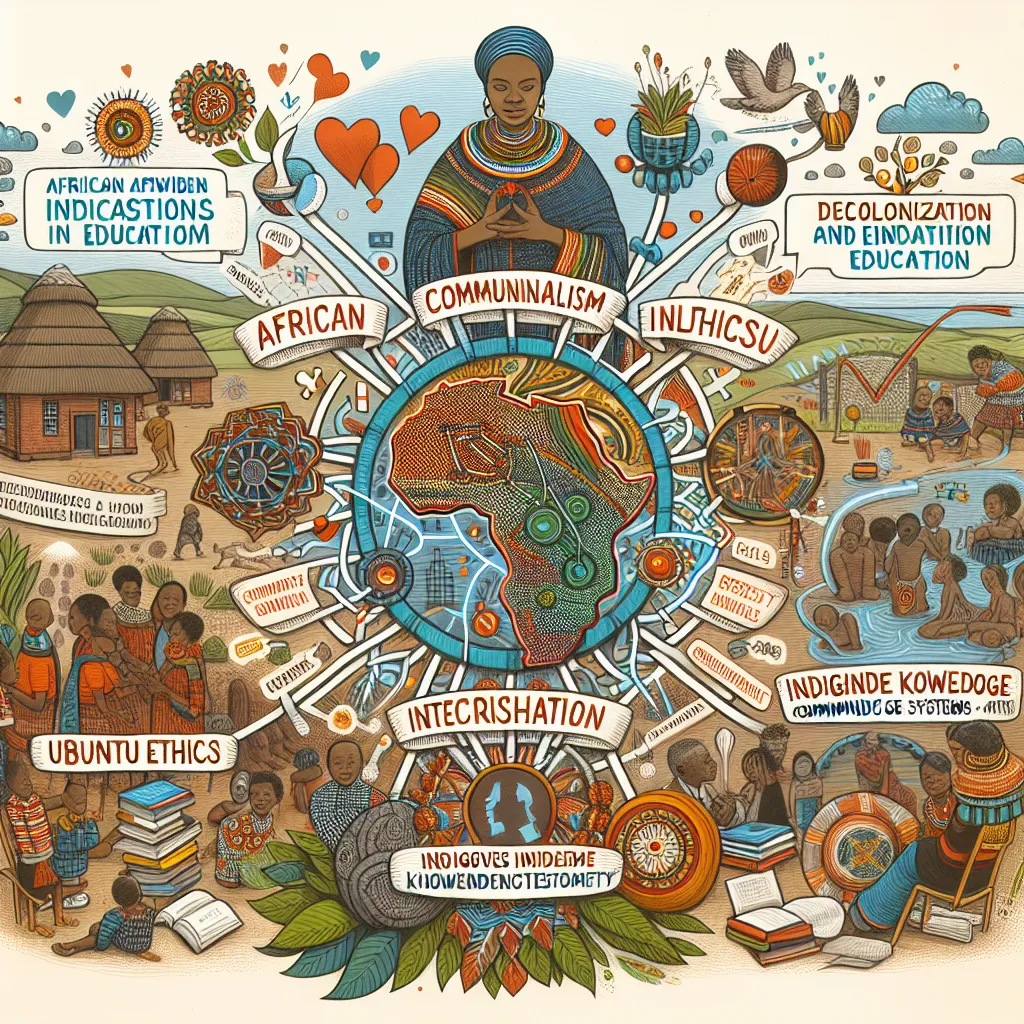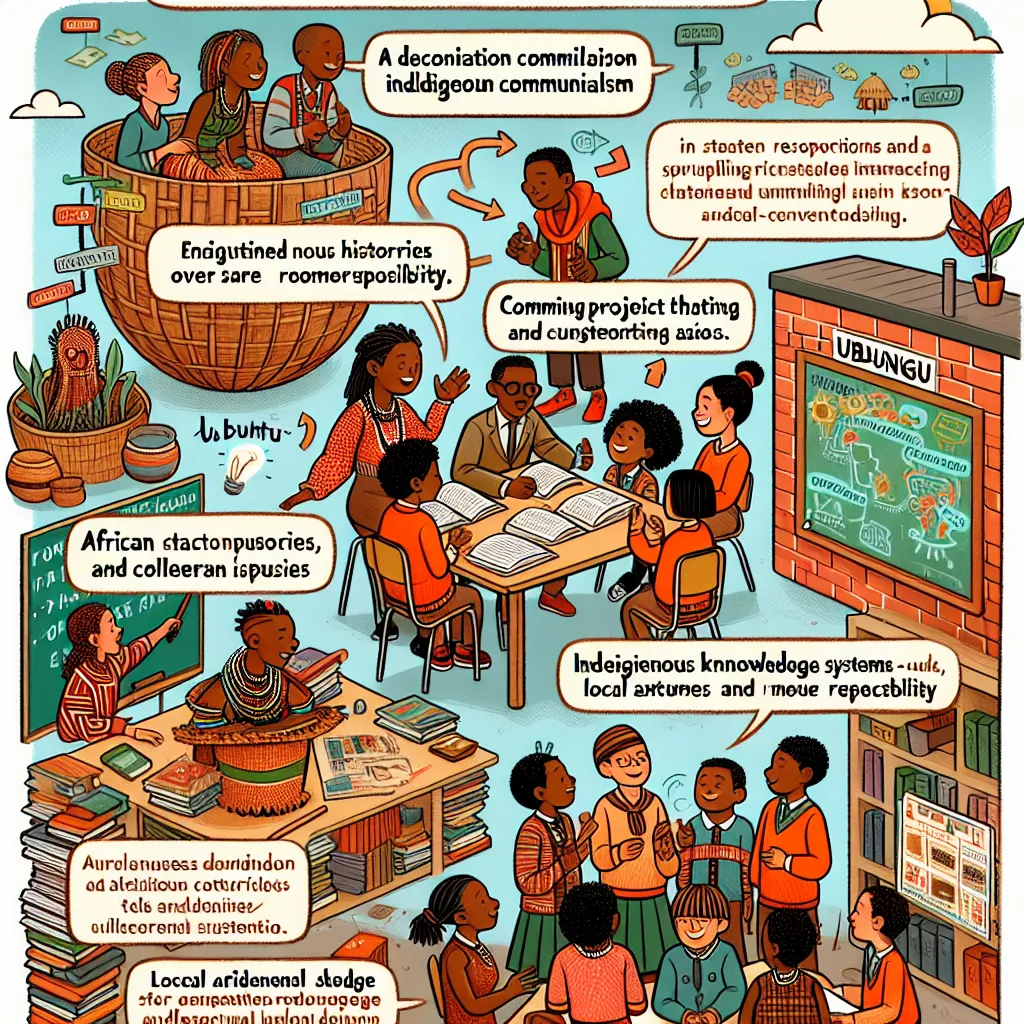Ask AI on The Internet
Question: Define the following terms: 1.1.1. Pedagogy (2) 1.1.2. Pedagogical Content Knowledge (2) 1.1.3. Epistemologies (2) 1.1.4. Rote learning (2) 1.1.5. Indigenous Knowledge Systems(2)
Sure! Here are the definitions for each term: **1.1.1. Pedagogy:** 1. Pedagogy refers to the art or science of teaching and the methods, strategies, and approaches that educators use to facilitate learning. 2. It encompasses activities that promote students' understanding, engagement, and application of knowledge, and often includes curriculum design and instructional practices. **1.1.2. Pedagogical Content Knowledge:** 1. Pedagogical Content Knowledge (PCK) is the understanding educators have of how to effectively teach specific content to students; it merges subject expertise with teaching know-how. 2. This concept highlights the importance of not only knowing the subject matter but also understanding how students learn the content and tailoring instruction to meet their needs. **1.1.3. Epistemologies:** 1. Epistemologies refer to the theories or studies of the nature, origin, and limits of human knowledge. 2. They explore how knowledge is acquired, constructed, and validated, encompassing different viewpoints on what constitutes truth and understanding. **1.1.4. Rote Learning:** 1. Rote learning is a memorization technique based on repetition, where information is learned through constant review and rehearsal. 2. This method focuses on retaining facts or data without necessarily understanding the underlying concepts or meaning. **1.1.5. Indigenous Knowledge Systems:** 1. Indigenous Knowledge Systems (IKS) are the bodies of knowledge and cultural practices developed by indigenous communities through generations of living in close relation with their environments. 2. These knowledge systems encompass traditional methods of agriculture, medicine, education, and community governance, often reflecting sustainable practices and holistic worldviews unique to the cultural contexts from which they originate.
Think your answer is better than the AI's? Post it below.
Other Most Relevant Posts:
 1. Pedagogy - Instruction Approach
2. Pedagogical Content Knowledge - Merging Subject and Teaching
3. Epistemologies - Philosophical Knowledge Studies
4. Indigenous Knowledge Systems - Cultural T
1. Pedagogy - Instruction Approach
2. Pedagogical Content Knowledge - Merging Subject and Teaching
3. Epistemologies - Philosophical Knowledge Studies
4. Indigenous Knowledge Systems - Cultural T
Question Tags
If you want your question answered by an AI, click here.






Post your own comment: